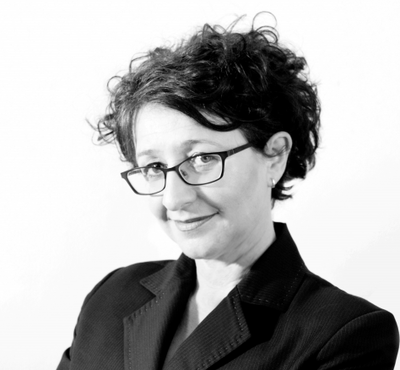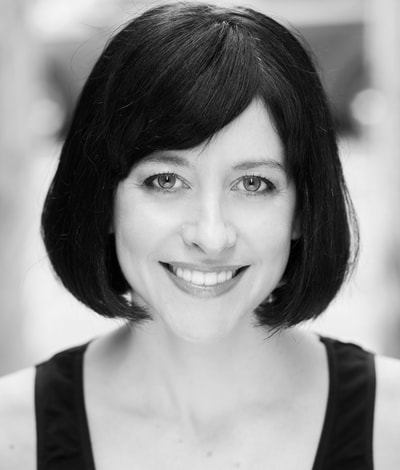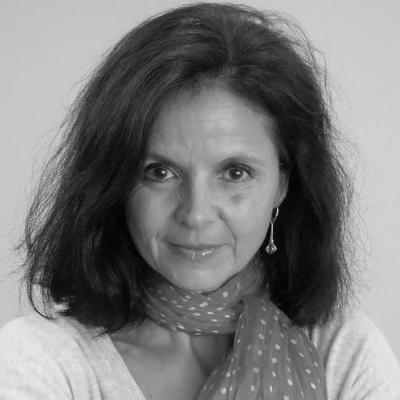2018 WPI SELECTED AUSTRALIAN DELEGATION - ARTIST BIOs
|
Dr Donna Abela
Donna Abela is an award-winning playwright dedicated to staging stories that transcend ‘bad myths’ in our society, create cultural space for marginalised communities, enrich the diversity of the Australian repertoire, and are derived from lived and imagined experiences at play in our corner of the global south. Her practice rejects conventional one-size-fits-all dramatic writing pedagogy, and instead, turns towards feminist theatre practices, language-driven playwriting, and ironic and dark comedy in order to develop a poetics which can efficaciously represent each cross-cultural narrative she seeks to bring to the stage. Donna’s practice is predicated on her belief that a play is a vehicle for imaginative travel in which the form is best discovered in the patterns and propositions of its content. This places innovation at the centre of her practice, and steers her work away from the “Anglo-realism” which has historically dominated Australian stages. Her early career writing with communities in a CACD and popular theatre context ensured that she became a versatile, socially-engaged writer with an ear for dialogue and comic timing, and an inclination to revel in theatre’s innate world of make-believe and serious interrogative fun. Donna’s 2016 doctoral thesis, entitled Dialogic Interplay: a Strategy for Representing Difference and Cultural Diversity on Stage, explains how she worked with dialogic and associative dramaturgical structures to represent Arab-Australian and lesbian characters in her play Jump for Jordan. The play went on to win the 2013 Griffin Playwriting Award, the 2015 Australian Writers’ Guild’s AWGIE Award for Stage, and be included in the 2019-2022 HSC Drama Syllabus. As a dramaturge, teacher and mentor, Donna is also passionate about leading inclusive and culturally safe processes that support the exploration and discovery of new dramatic works, leverage the creative proficiency and resilience of writers, and place diverse voices on our stages and screens. Donna’s plays also include: Monkey ... Journey to the West (part of the 2014 Brisbane Festival, and 2015 Sydney Opera House and Melbourne Festival programs), Spirit (2016 AWGIE Award for Radio Adaptation), Caylee’s Ukulele (nominated 2014 AWGIE Award for Children’s Theatre), Aurora’s Lament (2012 AWGIE Award for Radio), and Mrs Macquarie’s Cello (2010 AWGIE Award for Radio). Tales from the Arabian Nights (nominated 2005 AWGIE Award for Children’s Theatre) continues to be a popular choice for schools and universities, and last year received its fifteenth stage production. Her plays have been published by Currency Press, The Federation Press, Longman-Pearson Education, Harper Collins UK and Meriwhether Publishing USA. |
|


